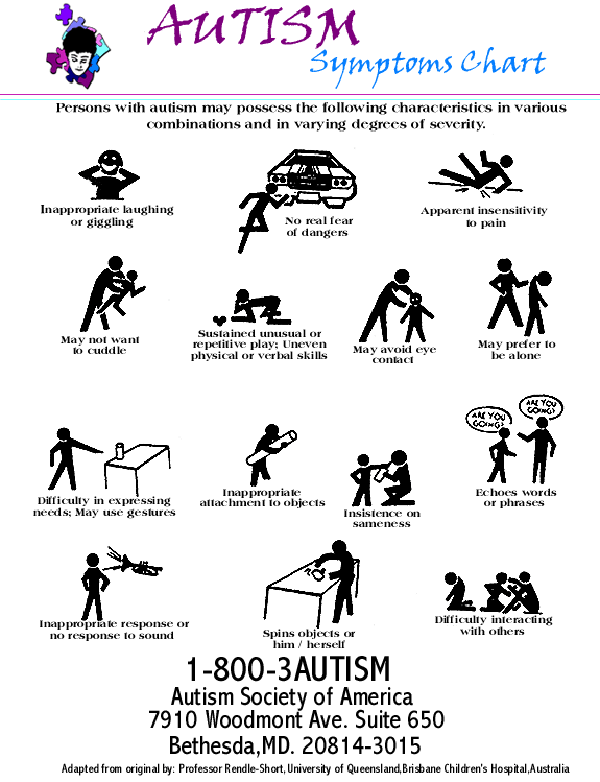
Nobody ever said that parenting a child with autism is easy. in the face of what can be such an overwhelming challenge, it makes sense for parents to turn to people who have been there — other parents.
For Shannon Des Roches Rosa, part of being a good role model for other parents is to tell her story about how, at one time, she believed that vaccines were responsible for causing her child’s disorder.
Writing for the Gates Foundation, which is committed to providing life-saving childhood vaccines in Africa, Des Roches Rosa writes:
Early toddlerhood is when major vaccines like the MMR are given – and also when autism symptoms often start to manifest. Parents who see vaccinations and autism happen in tandem may easily mistake coincidence for causation.
I have been one of those parents.
I blamed my son’s vaccines after he was diagnosed with autism in 2003, when he was two years old. Mainstream doctors and experts couldn’t give me guarantees that he’d catch up to his typical peers — only possibilities achieved through hard work and expensive therapies. On the other hand, anti-vaccination pseudoscience offered confident answers about the cause of his autism (vaccines), and quick autism “cures.”
In desperation, I fell for the pseudoscience. my need to find a concrete way to help my son trumped my personal experience.
After keeping abreast of the science, Des Roches Rosa eventually came to terms with not knowing the cause of her son’s disability. and thanks to her life experiences, she knows how important vaccines are: “I used to live in West Africa, and saw the effects of polio and other vaccine-preventable diseases in my University of Ghana classmates,” she writes.
So how do parents provide caring support and understanding to other parents, while encouraging scientifically sound decision making?
Des Roches Rosa recommends the following.
How do you practice good parent role modeling?